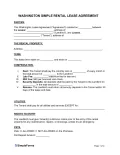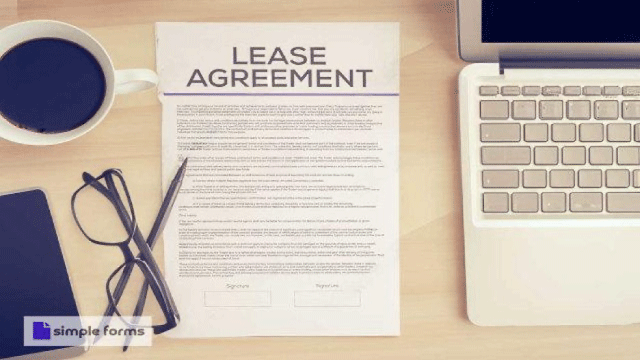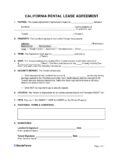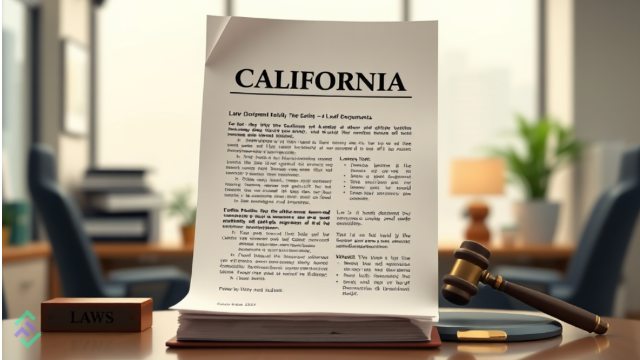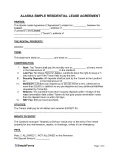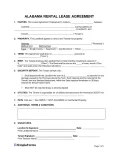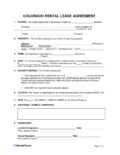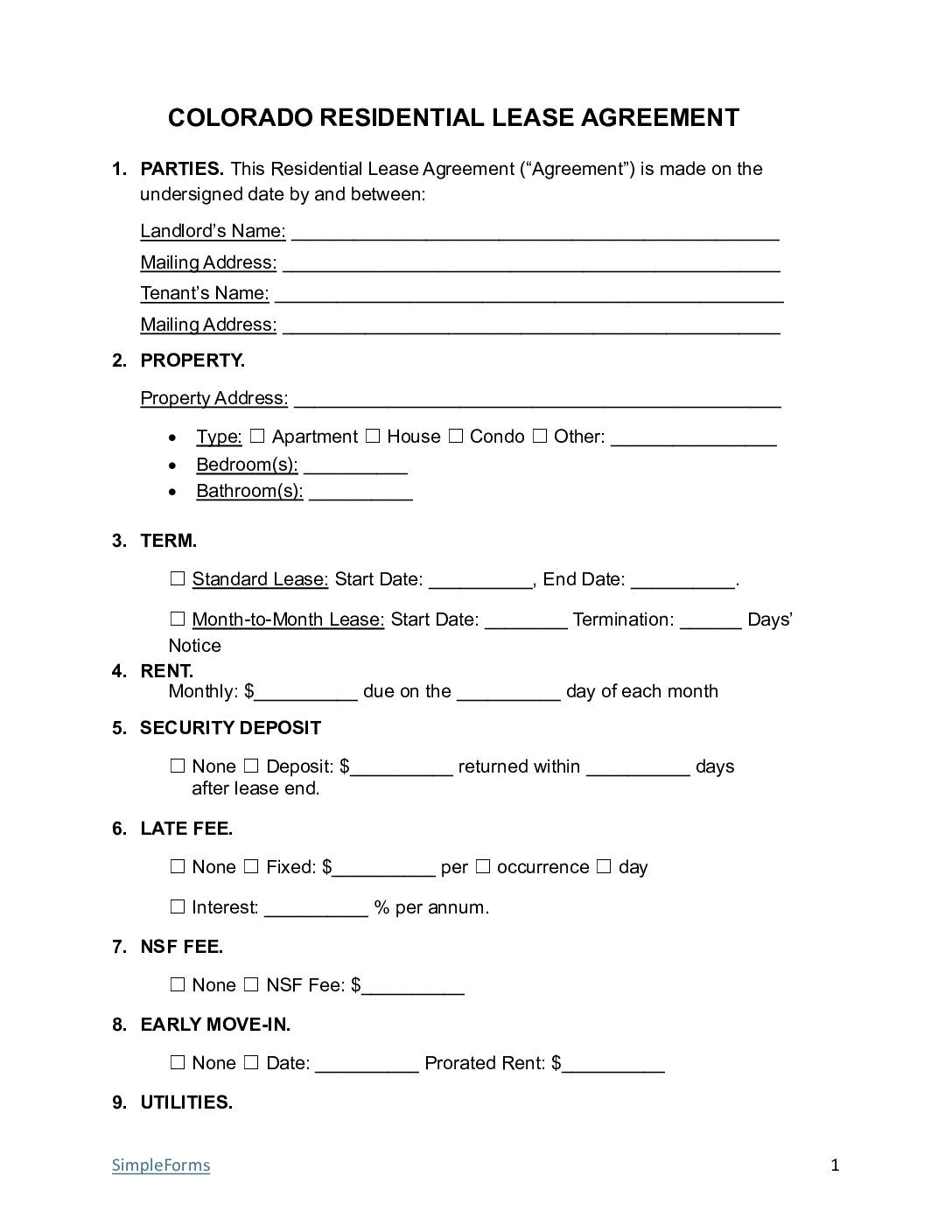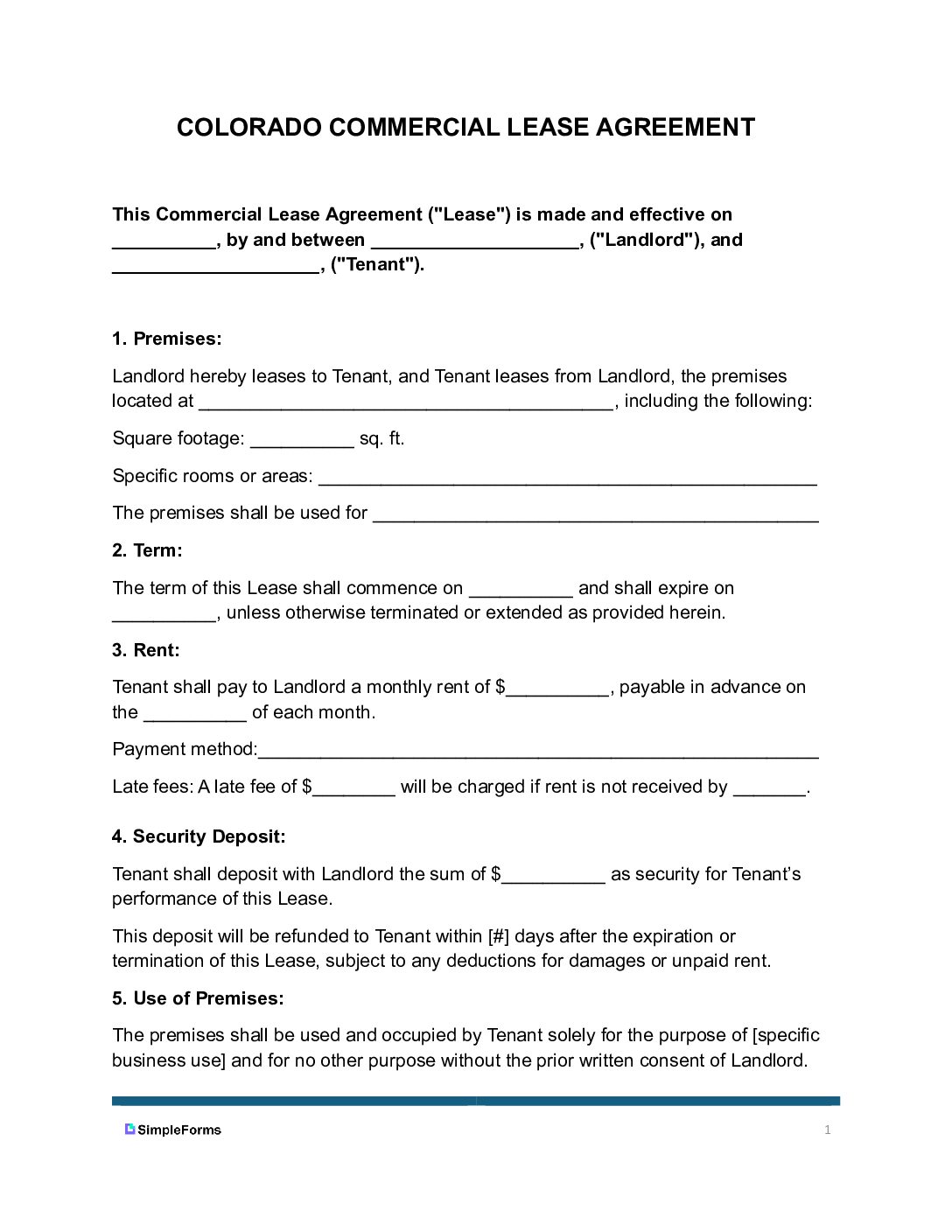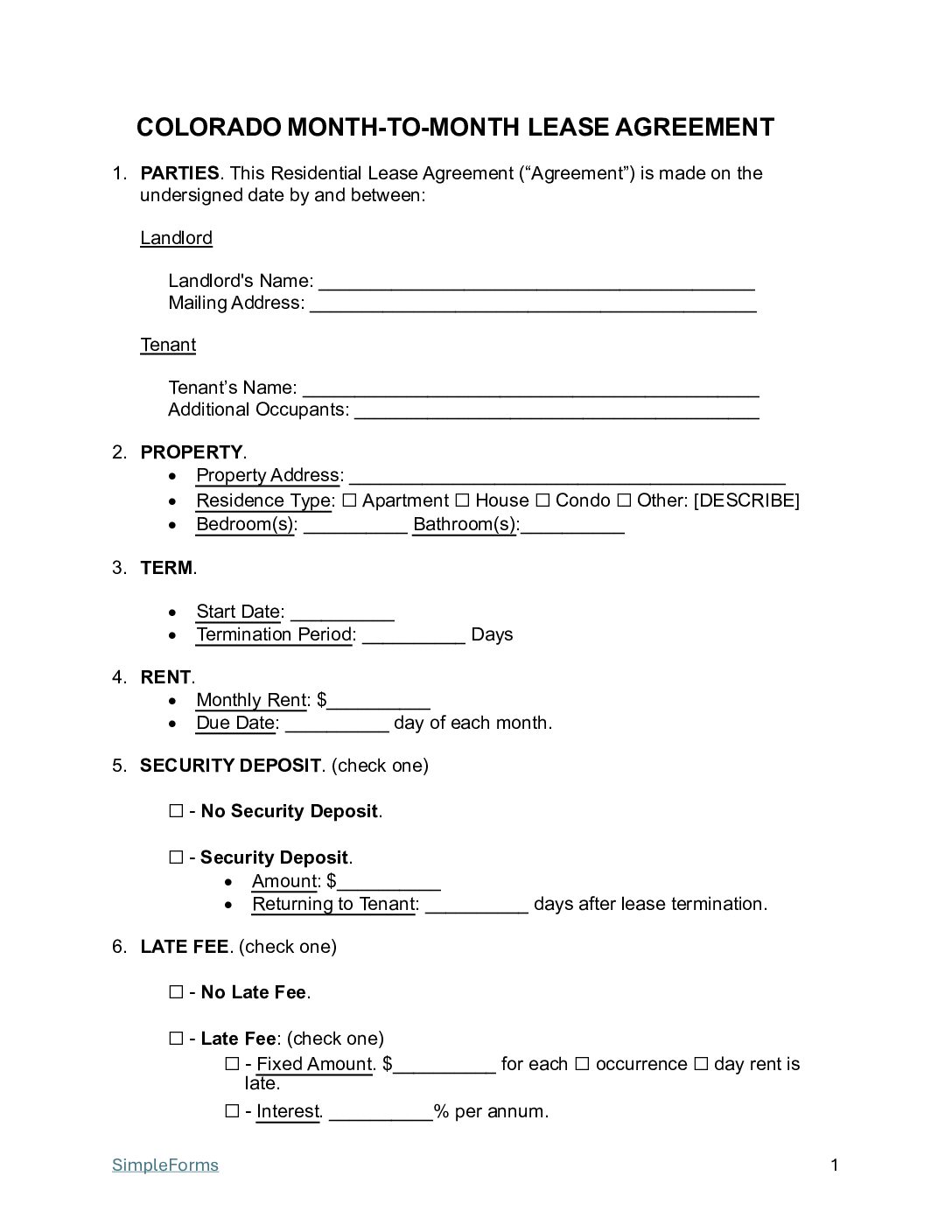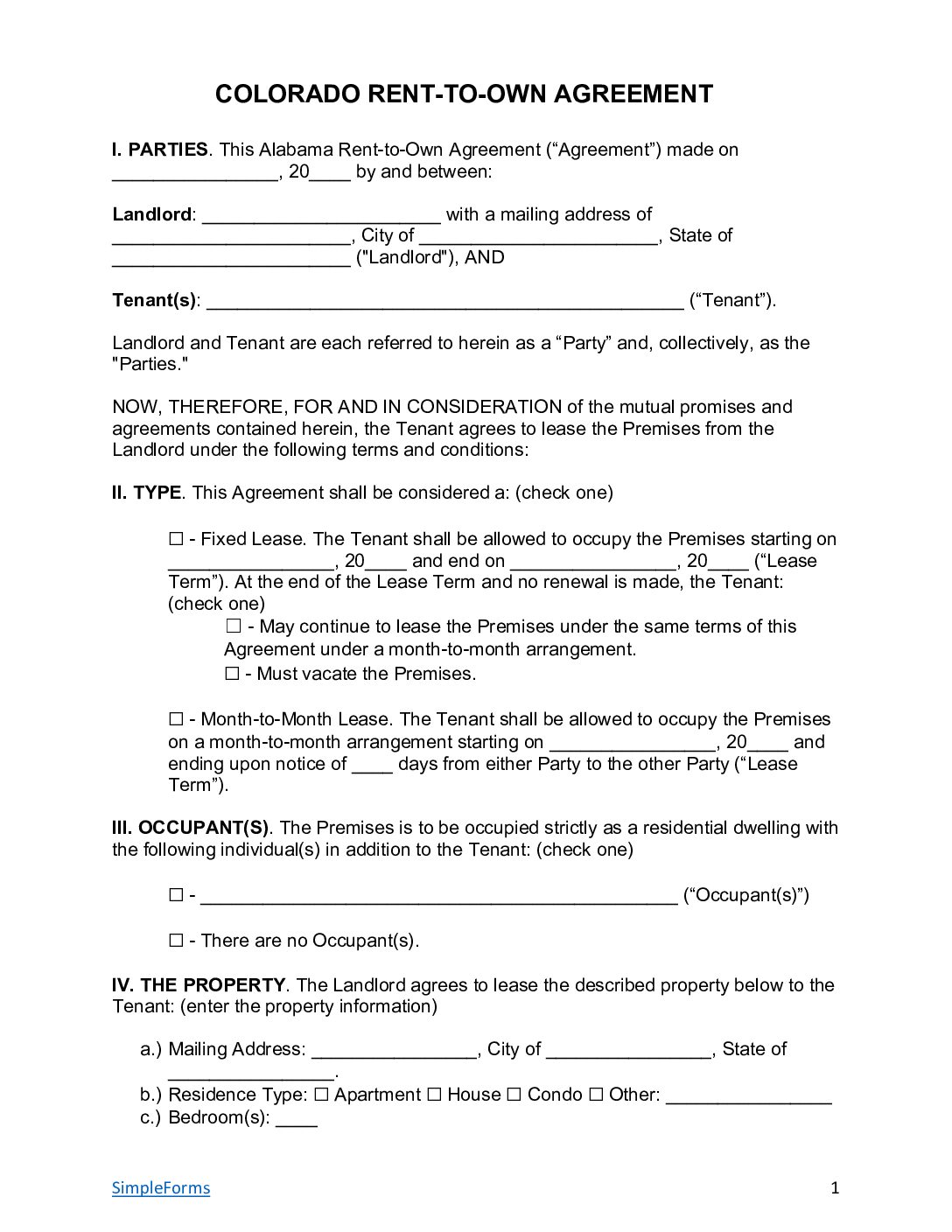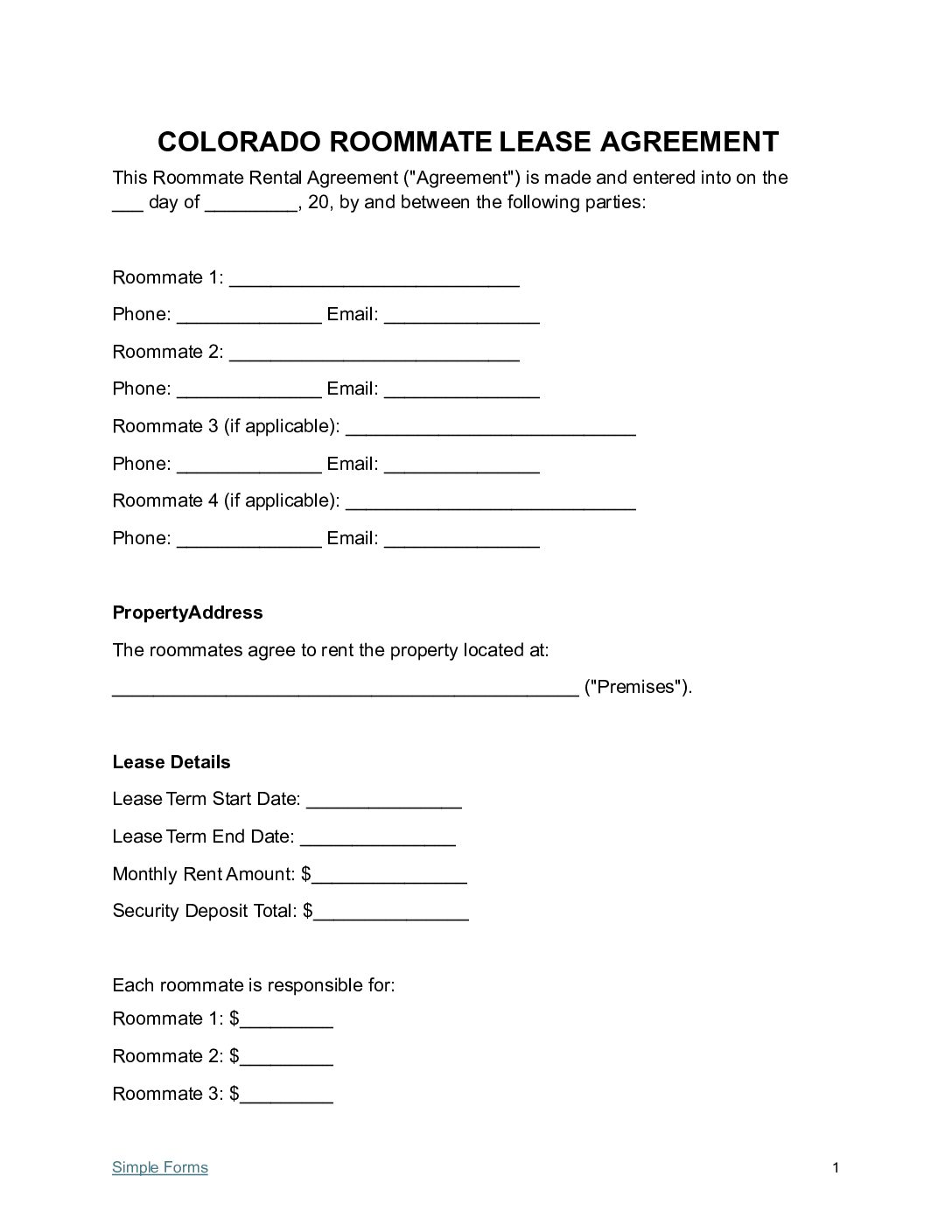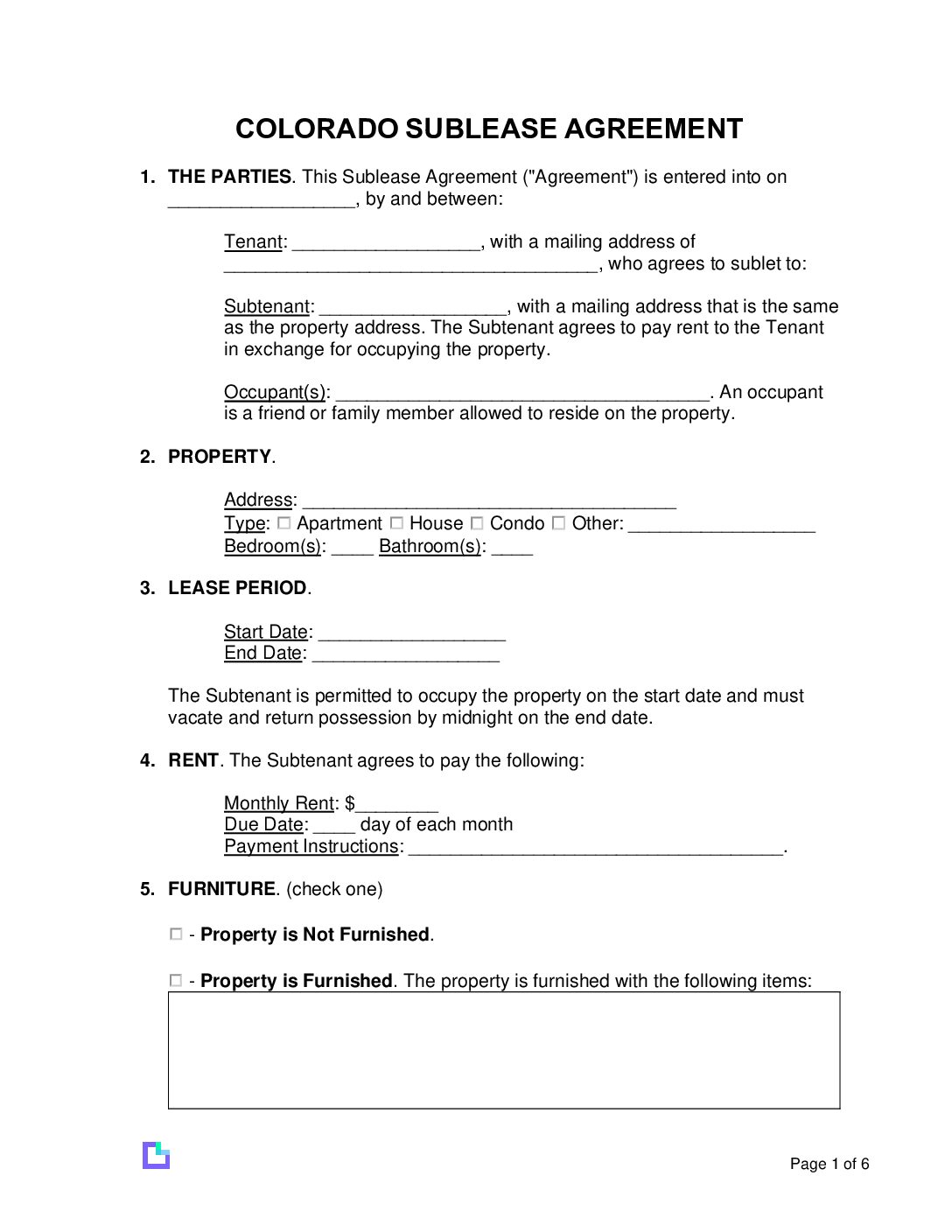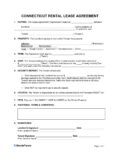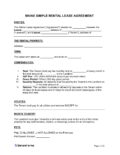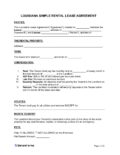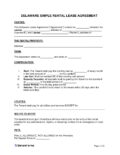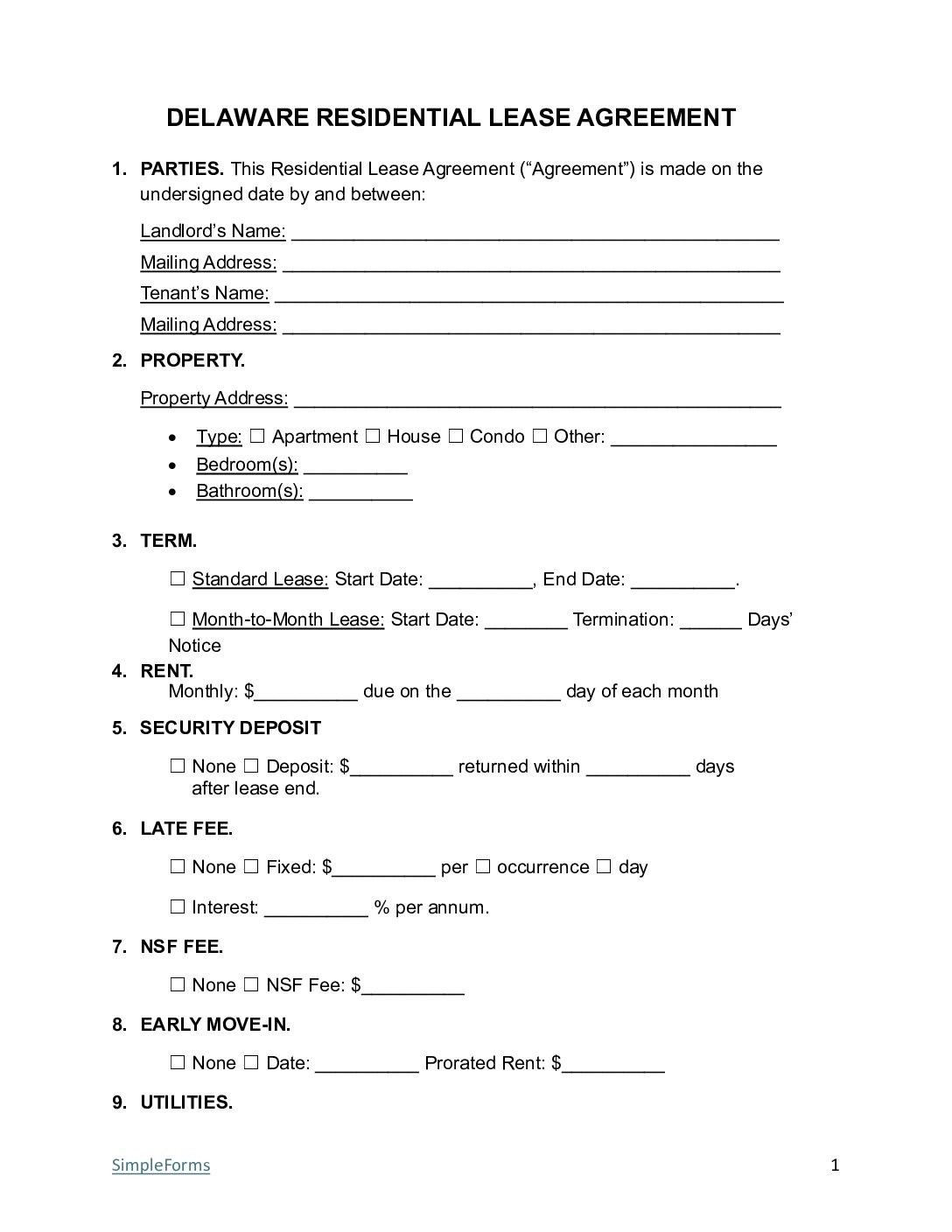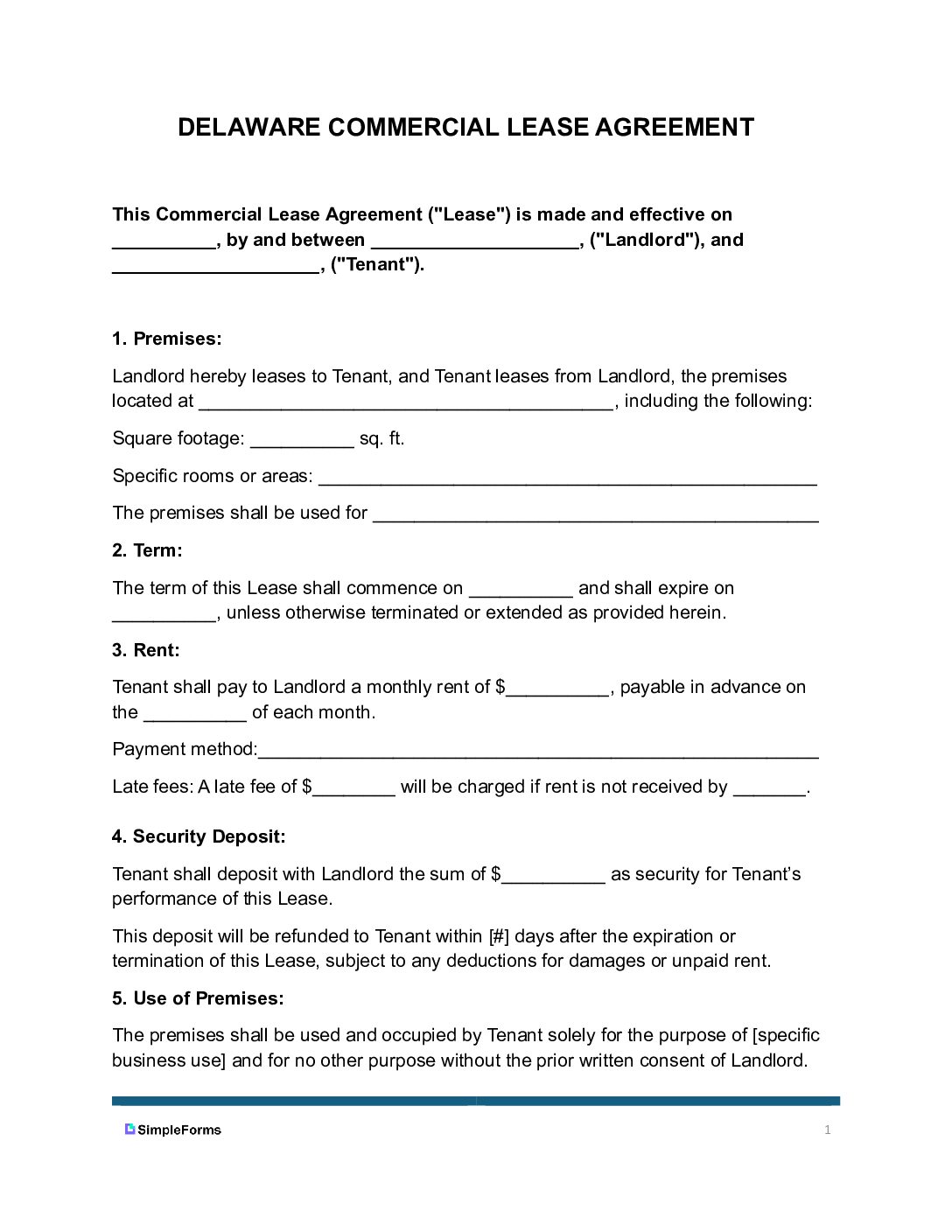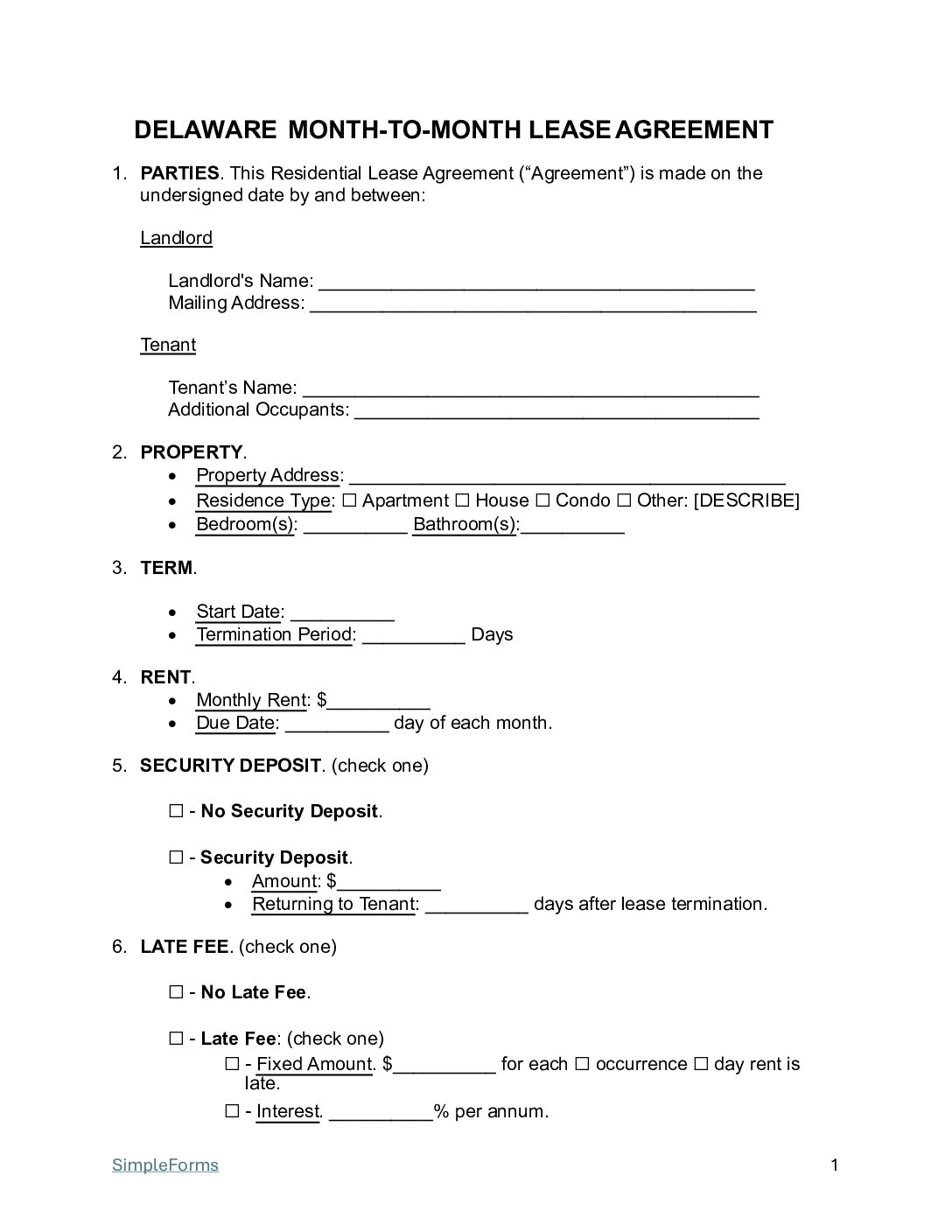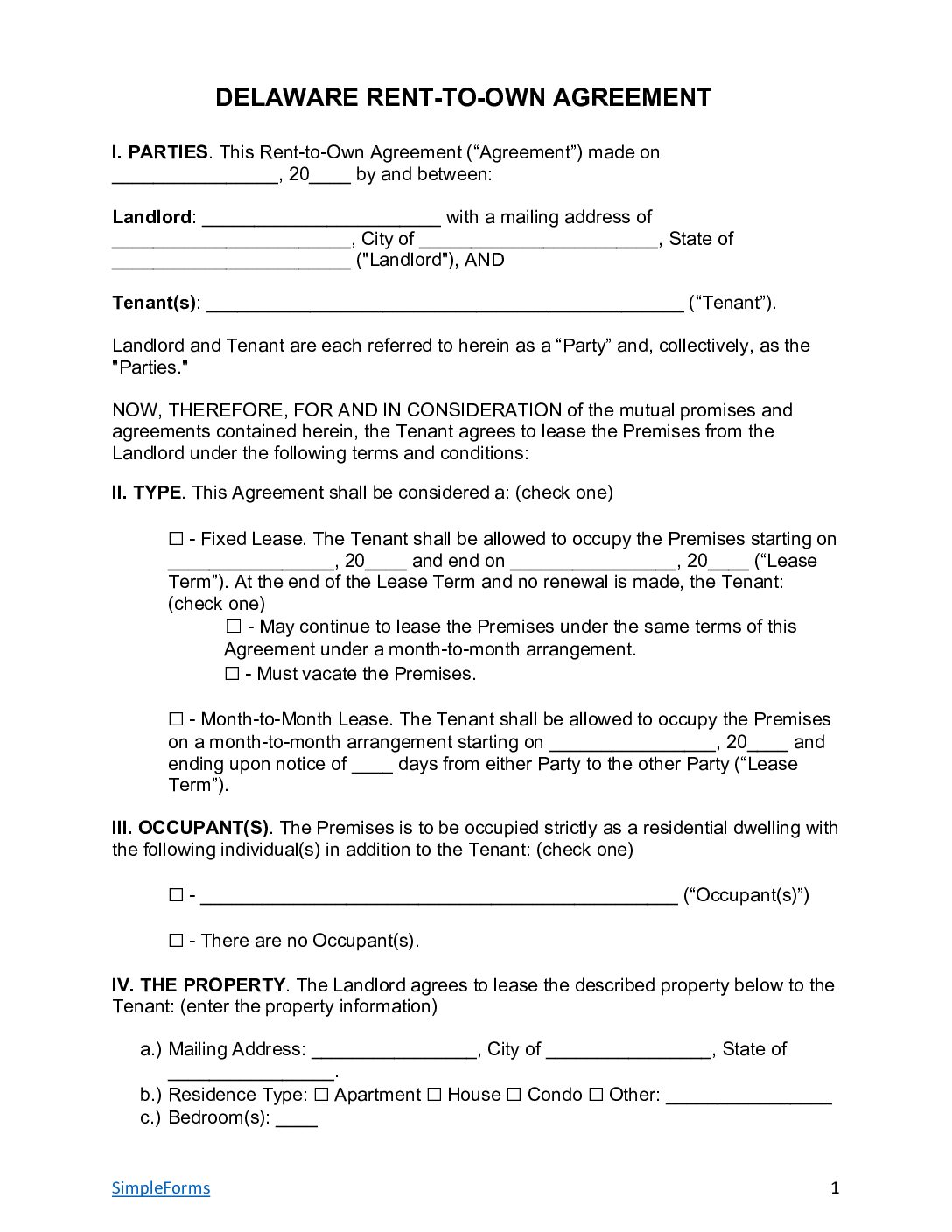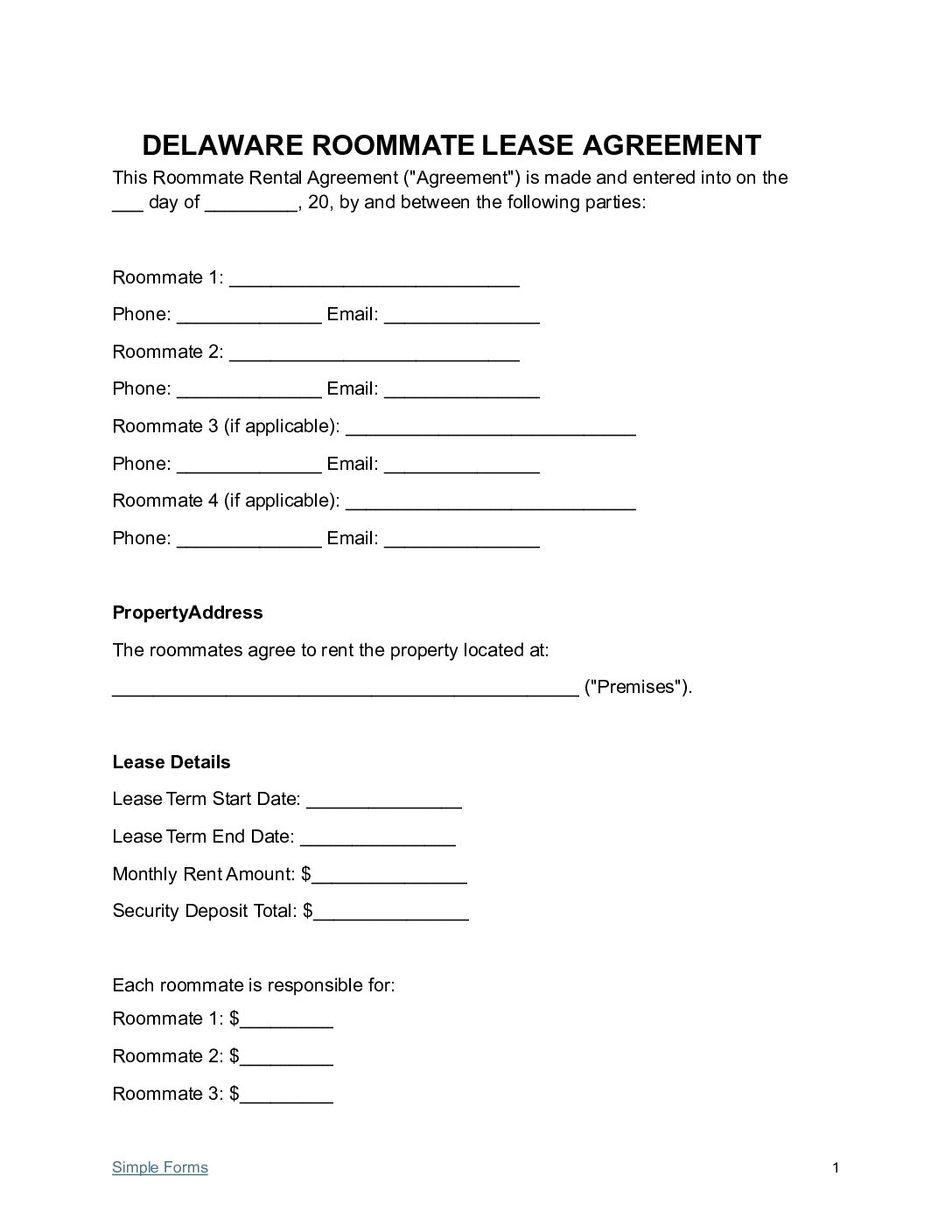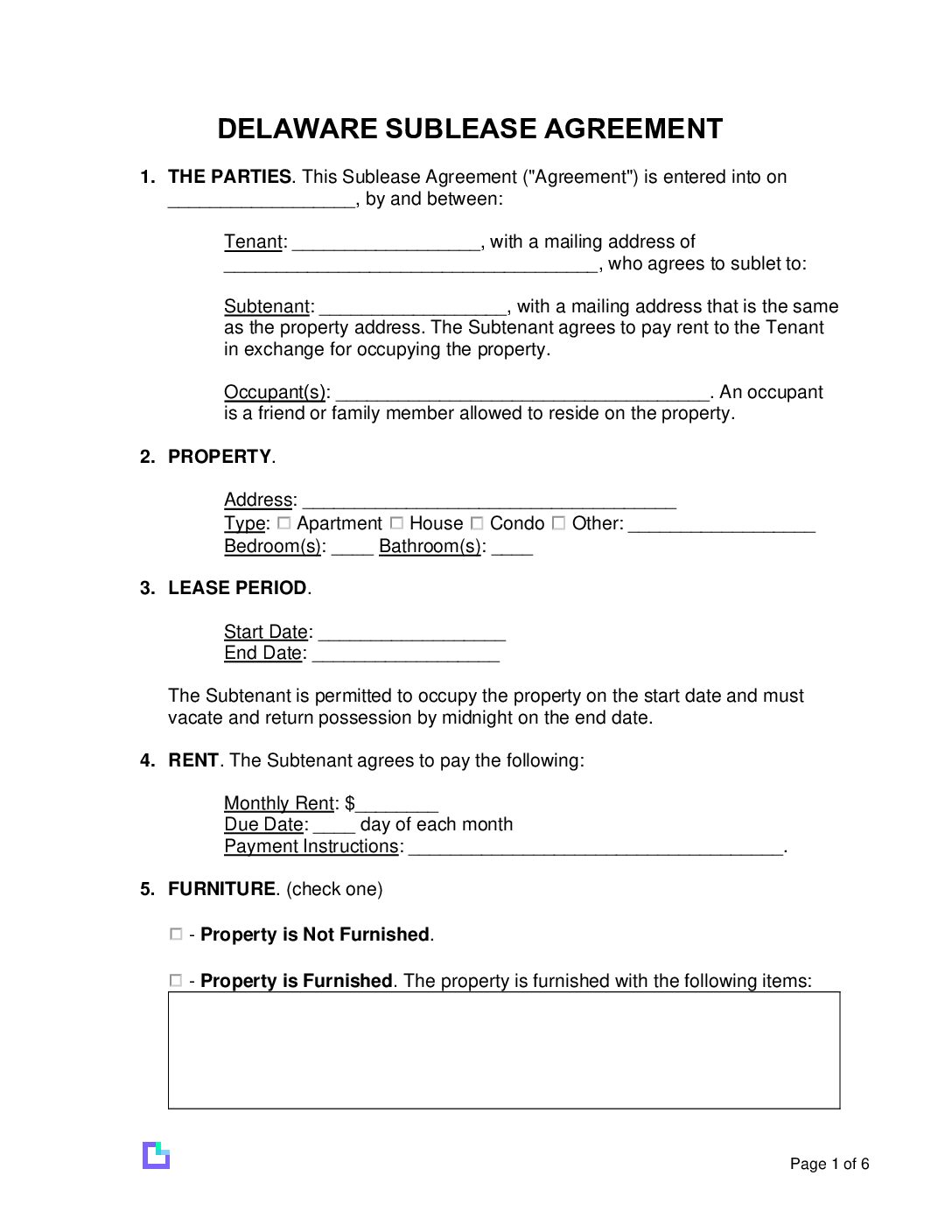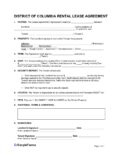An Washington lease agreement is used when renting rental property and it is a contract between the Landlord and Tenants in exchange for monthly rent payments.
Form Options By Type
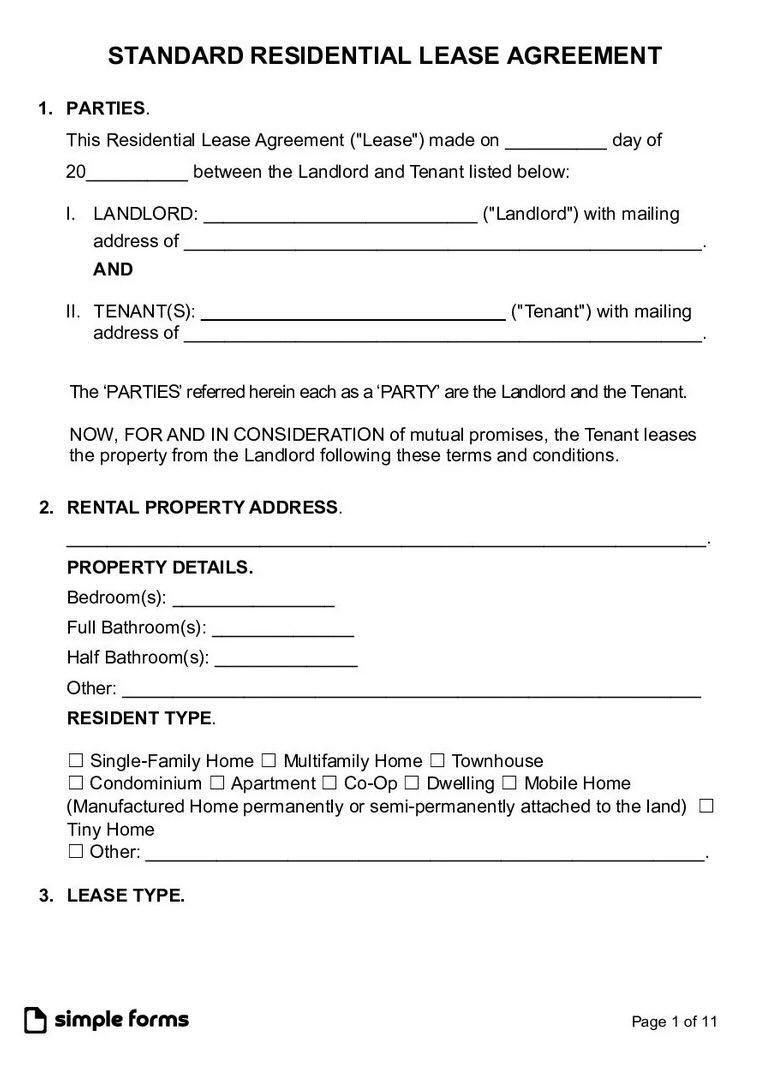 Standard Residential Lease Agreement Standard Residential Lease Agreement
Download: PDF |
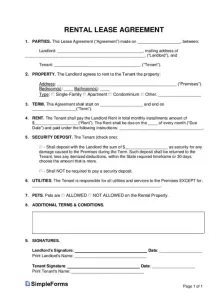 Simple (1-Page) Lease Agreement Simple (1-Page) Lease Agreement
Download: PDF |
Most Recent US Home Facts
- Population (2023): 334,914,895
- Median Households (2022): 125,736,353
- Median Household Income (2022): $75,149
- Owner-occupied Households (2022): 64.8%
Source: U.S. Census Bureau
What to Include in the Form?
Required Disclosures (8)
Lead-Based Paint Disclosure
Fire Protection and Evacuation Plan Disclosure
Landlord Identification Disclosure
Mold Disclosure
Move-In Checklist
Nonrefundable Fees
Security Deposit Receipt
Voter Registration Packet (Only for Seattle Rental Properties)
Source: RCW 59.18.060(12)(a)
Security Deposits
Maximum – 25% of one (1) months rent is the maximum amount Landlords can request from Tenants in Washington.
Returns – All deposits must be returned to the Tenant within thirty (30) days of the lease end date..
Source: RCW 59.18.280(1)(a)
Landlord Access
General Access – Landlords must provide prior notice before entering the premises as per state law of least 48 hours (2 days) notice to the Tenants.
Source: RCW 59.18.150(6)
Paying Rent
Grace Period – Five (5) day grace period.
Late Fees – Landlords can charge Tenants up to $20 or 20% of one months rent (the greater of the two).
NSF Fee – $40 per bounced check.
Source: RCW 62A.3-515(a)
Washington 1-Page Lease Agreement Example
Sample
https://simpleforms.com/wp-content/uploads/2024/04/Washington-Simple-1-Page-Residential-Lease-Agreement.pdf
